architect, surveyor, contracror?
glycerine
13 years ago
Related Stories
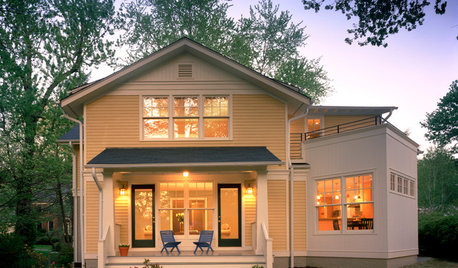
WORKING WITH PROSHow to Hire the Right Architect: Comparing Fees
Learn common fee structures architects use and why you might choose one over another
Full Story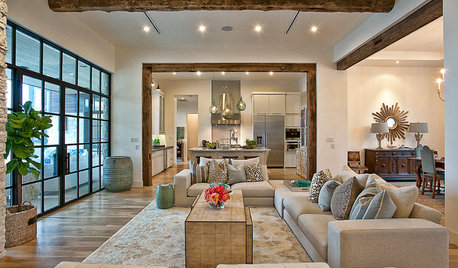
WORKING WITH PROSHow to Hire the Right Architect
Your perfect match is out there. Here’s how to find good candidates — and what to ask at that first interview
Full Story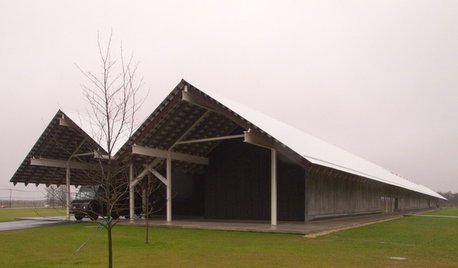
ARCHITECTURERenowned Architects Give Artworks a Minimalist New Home
A New York museum takes up residence in a newly built minimalist structure, and its architectural features offer lessons for homeowners
Full Story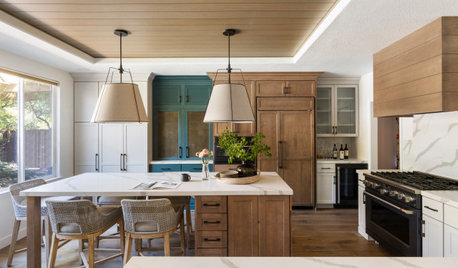
WORKING WITH PROS6 Reasons to Hire a Home Design Professional
Doing a construction project without an architect, a designer or a design-build pro can be a missed opportunity
Full Story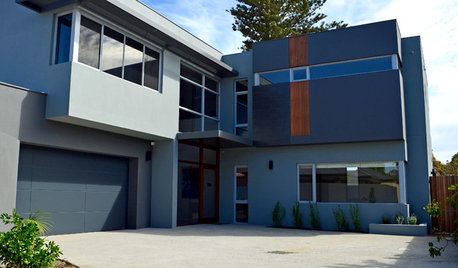
HOUZZ TOURSMy Houzz: Supersleek Contemporary Home in Australia
Cool colors, ultraclean lines and a sparkling pool make a contemporary home just right for an Australian family of three
Full Story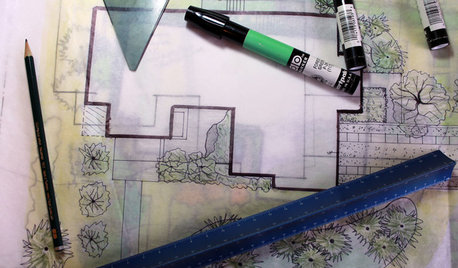
WORKING WITH PROSUnderstand Your Site Plan for a Better Landscape Design
The site plan is critical for the design of a landscape, but most homeowners find it puzzling. This overview can help
Full Story
LANDSCAPE DESIGNGarden Overhaul: Which Plants Should Stay, Which Should Go?
Learning how to inventory your plants is the first step in dealing with an overgrown landscape
Full Story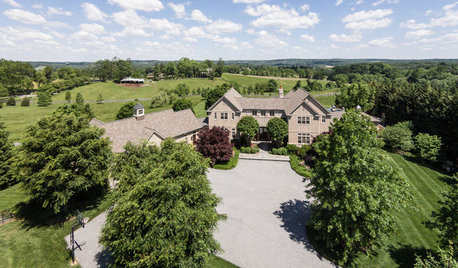
HOME TECHThe Inevitable Future of Drones Around Your Home
As Google joins the push for airborne deliveries, it seems only a matter of time before neighborhoods are buzzing with drones. Is that OK?
Full Story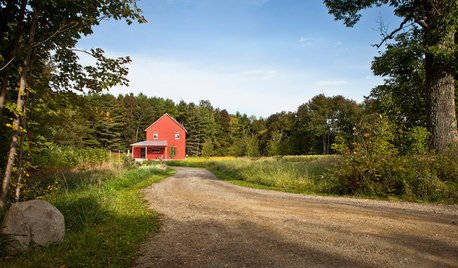
THE ART OF ARCHITECTUREFinding the Perfect Home for a New House
Sun, soil, water, topography and more offer important cues to siting your house on the land
Full Story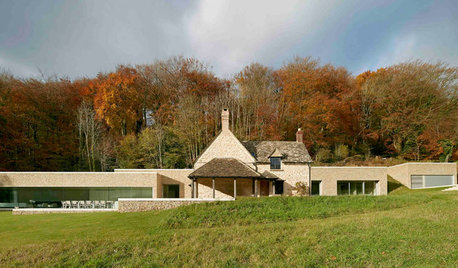
REMODELING GUIDESOld and New Make for a Jolly Good Mix in England
Give an 18th-century country cottage a contemporary addition, and what do you get? A surprisingly cohesive-looking home
Full StorySponsored
Central Ohio's Trusted Home Remodeler Specializing in Kitchens & Baths
More Discussions






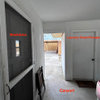


macv
brickeyee
Related Professionals
Henderson Kitchen & Bathroom Designers · Moraga Kitchen & Bathroom Designers · Salmon Creek Kitchen & Bathroom Designers · Soledad Kitchen & Bathroom Designers · United States Kitchen & Bathroom Designers · University City Kitchen & Bathroom Remodelers · Fort Myers Kitchen & Bathroom Remodelers · New Port Richey East Kitchen & Bathroom Remodelers · Palestine Kitchen & Bathroom Remodelers · Bell General Contractors · ‘Ewa Beach General Contractors · North Highlands General Contractors · Owosso General Contractors · Seguin General Contractors · Westchester General Contractorsbill_g_web
dilettante_gw
live_wire_oak
turtles226_yahoo_com